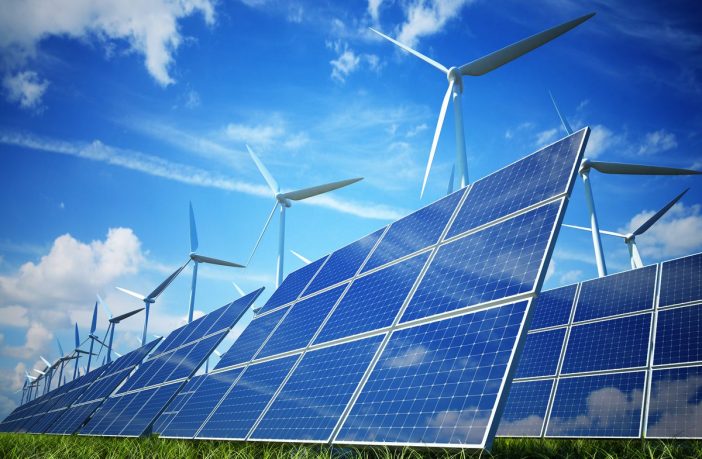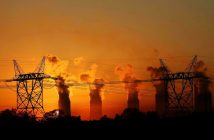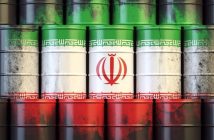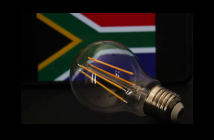- According the International Energy Agency (IEA), the amount of newly installed renewable energy capacity is no longer rising.
- Despite a 7% growth in electricity generation from clean energy sources, global energy-related carbon emissions have risen 1.7%.
- Emerging clean energy markets took up the slack from new generation capacity additions in China last year but the world is on course to fall well short of the Paris climate change goals.
- Changes in support policies and incentives hampering growth.
The International Energy Agency (IEA) points out in their latest report that 2018 was the first time the volume of new renewables had not risen year on year since 2001. the reported noted that the current growth rate was not enough to keep the world on track to achieve the objectives defined in the Paris Climate Change Agreement.
According to the IEA’s Sustainable Development Scenario, at least 300 GW of new renewable energy capacity is required per year up to 2030 to keep the Paris goals within reach. Adding 180 GW annually, said the agency, will provide barely 60% of the new clean energy capacity required.
Among the competing clean energy technologies, solar power again dominated, with 97 GW of new generation capacity added, similar to the amount of PV installed in 2017.
In 2018, China dominated global renewable energy capacity with 77 GW of generation projects added which made up 45% of the global total. However the much publicized decision of the Chinese government to rein in public solar subsidies prompted an 18% decline in PV figures. This resulted in 44 GW of new solar capacity installed, versus a record 53 GW in 2017.
Changes in support policies and other challenges saw declines in the level of new onshore wind generation capacity in India and Japan, warned the IEA.
With new hydropower capacity declining in China since 2013, wind was unable to make good the deficit. Wind was also on the back foot in the European Union last year according to the EIA report despite higher volumes of solar reported. In total the EU add 22 GW of renewable energy last year, down from 23 GW in 2017.
Indications are that the early starter nations in renewable energy are now reaching a plateau. The report confirms that there is a new appetite in emerging renewable energy markets in the Middle East, North Africa and parts of Asia to keep the upward growth momentum going.
Despite a 7% growth in electricity generation from clean energy sources, global energy-related carbon emissions have risen 1.7%. With all fossil fuel emissions rising, the electricity sector accounted for almost two-thirds of the growth, to reach a record level. Electricity generation from coal remained the leading emitter, with 30% of energy-related carbon dioxide emissions.
China, India and the United States accounted for 85% of the net increase in emissions, while greenhouse gas emissions fell in Germany, Japan, Mexico, France and the United Kingdom.
“The world cannot afford to press ‘pause’ on the expansion of renewables and governments need to act quickly to correct this situation and enable a faster flow of new projects,” said Dr Fatih Birol, the IEA’s executive director.
Author: Bryan Groenendaal











